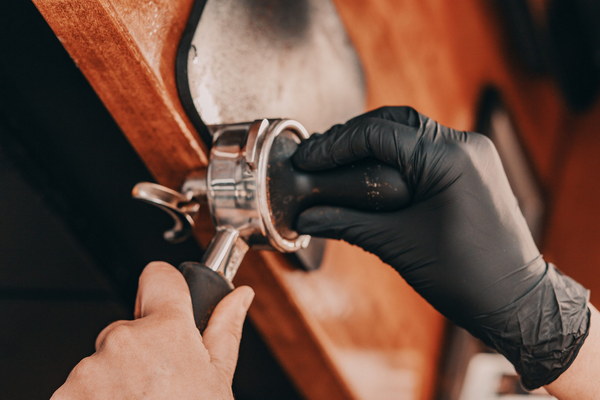Harmony in Health Exploring the Intersection of Happiness and Elderly Care
In the pursuit of a fulfilling life, the concept of happiness has long been a cornerstone. As we age, the quest for happiness often intertwines with the need for quality care, leading to the burgeoning field of elder care. This article delves into the realm where happiness meets elder care, exploring the vital role that a sense of well-being plays in the health and longevity of our senior population.
The Happy Elder: A Pillar of Strength

The notion of happiness in elder care is not merely a fleeting emotion but a state of being that can significantly impact an individual's health and quality of life. Happy elders tend to exhibit better cognitive function, stronger social connections, and improved physical well-being. Research has shown that positive emotions can reduce stress levels, which in turn can lead to a decrease in the risk of chronic diseases such as heart disease and diabetes.
Creating an Environment of Joy
One of the key aspects of fostering happiness in elder care is creating an environment that caters to the unique needs and preferences of seniors. This can be achieved through several means:
1. Personalized Care: Tailoring care plans to the individual's lifestyle, interests, and history ensures that they feel valued and understood. Whether it's through memory care for those with dementia or specialized programs for those with specific health conditions, personalized care can enhance happiness.
2. Social Engagement: Encouraging social interaction is crucial. This can be facilitated through group activities, clubs, and community events that cater to the interests of the elderly. By fostering friendships and social connections, seniors are more likely to experience a sense of belonging and happiness.
3. Physical Activity: Regular exercise and physical activity not only improve physical health but also contribute to mental well-being. From gentle yoga to walking groups, providing opportunities for physical activity can boost happiness and overall health.
4. Nutrition: A balanced diet that is not only healthy but also enjoyable can greatly enhance the quality of life. Offering a variety of nutritious meals that cater to dietary restrictions and preferences can contribute to an overall sense of well-being.
The Role of Technology
Advancements in technology have opened new avenues for elder care. Wearable devices that monitor health metrics can provide peace of mind for both seniors and their caregivers. Additionally, telehealth services and online platforms for social interaction can help bridge the gap for those who are unable to leave their homes.
The Psychological Impact of Happiness
Happiness in elder care extends beyond physical health. The psychological impact of a positive outlook cannot be overstated. Seniors who are happy are more likely to cope with the challenges of aging, maintain a sense of purpose, and experience fewer symptoms of depression and anxiety.
Challenges and Solutions
Despite the importance of happiness in elder care, there are challenges to overcome. Social isolation, financial constraints, and a lack of resources can hinder the ability to provide optimal care. Solutions include community initiatives, government support, and public-private partnerships that aim to address these issues.
Conclusion
In conclusion, the intersection of happiness and elder care is a vital area of focus for policymakers, healthcare professionals, and families alike. By recognizing the importance of happiness in the lives of seniors, we can create an environment that promotes health, well-being, and a sense of fulfillment. It is through the harmony of happiness and elder care that we can ensure that our senior population enjoys their golden years with dignity, joy, and a profound sense of peace.









